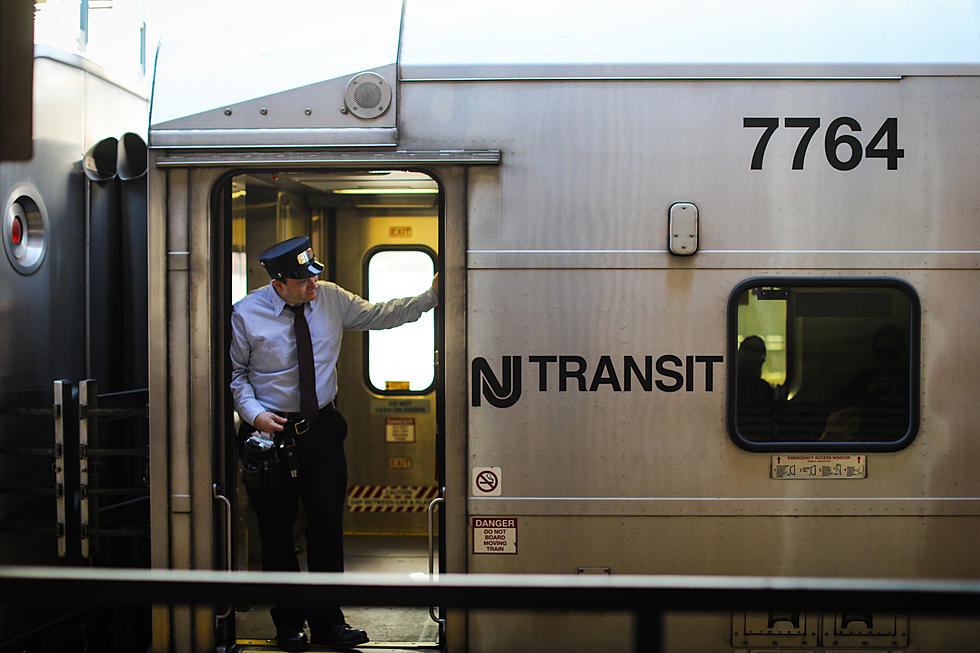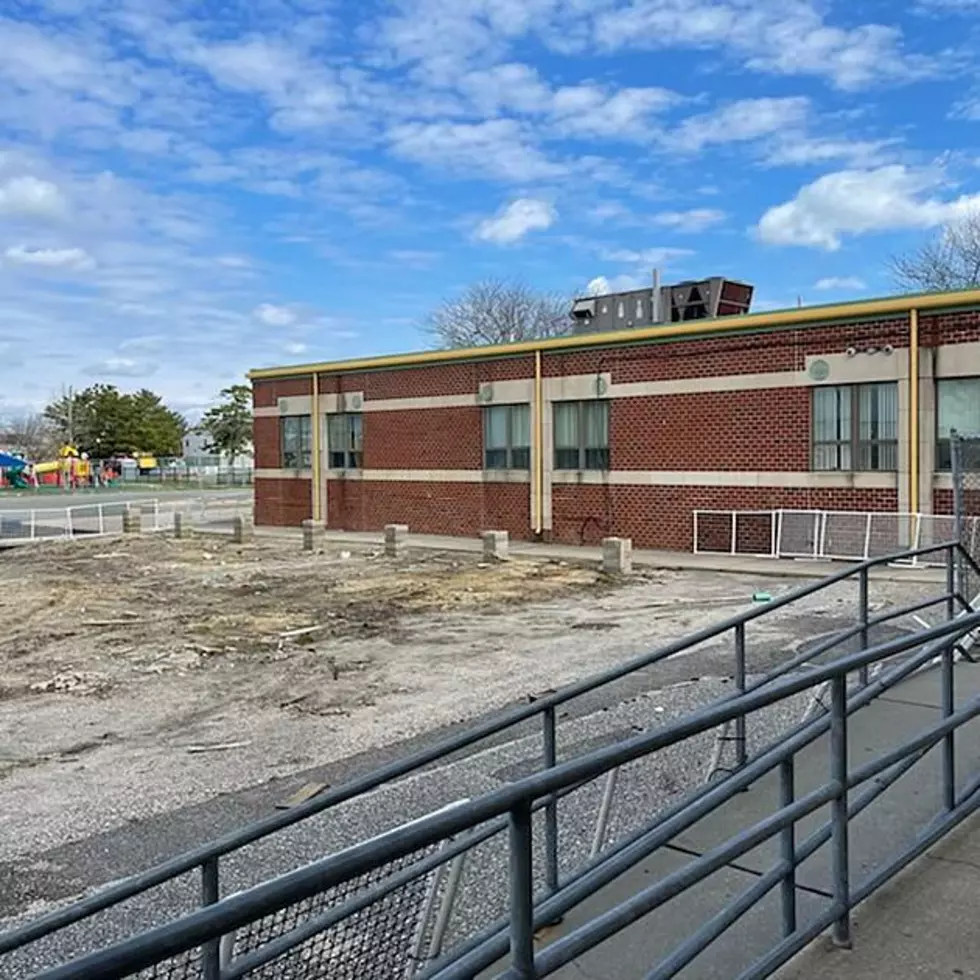
NJ Transit Safety Project 122% Over Budget and Still May Miss Deadline, Audit Finds
TRENTON — A state audit finds that NJ Transit could miss the federal deadline to install automatic braking system on its trains despite more than doubling the budget of the now-$500 million project.
The 10-page report by the Legislature’s Office of the State Auditor heaps scorn on one of the state’s most maligned government agencies, finding fault with the brake system installation’s cost overruns, mounting train delays caused by preventable errors and the number of deteriorating bridges that have not been repaired.
In a 19-page response that was included with the auditor’s report released Thursday, NJ Transit President and CEO Kevin Corbett once again blamed NJ Transit’s current problems on the previous administration and reiterated efforts that the rail-and-bus agency has taken to hire more engineers and upgrade equipment.
NJ Transit has been one of Gov. Phil Murphy's top concerns and the Democrat devoted part of his annual state-of-the-state speech this month to preview a 10-year strategic plan and 5-year capital plan. Murphy has insisted that NJ Transit has been making strides under his watch but many lawmakers — and commuters — remain skeptical.
State Sen. Tom Kean Jr., R-Union, who serves on the Senate's Legislative Oversight and NJ Transit committees, said the audit's findings "reinforce much of what we already know. New Jersey Transit isn’t doing enough to fix what’s wrong."
“As I’ve said repeatedly, rail commuters deserve improvement from New Jersey Transit, not more delays and excuses.”
New Jersey Sierra Club Director Jeff Tittel said the audit report "is shameful, but not a surprise."
“Despite all of the pronouncements by Gov. Murphy and NJ Transit, the commuter nightmare continues," Tittel said. “Gov. Murphy chastised Christie for NJ Transit’s dismal record, but we still haven’t improved on what Christie did to New Jersey’s transit system.”
Positive Train Control
A 2015 federal law requires rail agencies to install positive train control, a braking system that is supposed to prevent runaway trains.
NJ Transit has already missed the initial 2018 deadline and was given until Dec. 31 of this year to finish the job. The audit, however, said “it is debatable” whether NJ Transit would succeed, risking daily federal fines.
The audit found that NJ Transit’s budget for installing PTC on its 440 trains grew from $225 million in 2011 to $500 million today.
The ballooning expenses resulted in part from six change orders submitted by NJ Transit's initial consultant and another eight change orders approved for its current consultant.
The audit also noted that NJ Transit hasn’t collected a penny of the $9.1 million in penalties that the agency assessed against its contractor for failing to meet project milestones.
Corbett’s response insists that NJ Transit will meet the Dec. 31 deadline for PTC installation.
He explained that NJ Transit did not pursue the millions in penalties against its contractor because the assessment was under appeal.
He said NJ Transit monitors its contractors and subcontractors and has employees embedded with the PTC contractor.
More late trains
The audit found that on-time performance of NJ Transit’s 216,000 annual passenger trains fell from 94.7% from 2010 to 2016 to to 91% during 2017 to May 2019, adding that 38% of the 18,102 delayed trains since 2017 could have been prevented.
Corbett responded by saying that most of the preventable delays were a result of manpower or equipment shortages and mechanical and infrastructure problems, all of which were “aggravated over the past two years by a lack of strategic planning and underfunding by prior NJ Transit management.”
Corbett expects this to turn around because since 2018, NJ Transit has hired 169 locomotive engineers and 144 conductors and graduated four engineer training classes and expects to graduate three more.
Corbett also said that much of NJ Transit’s equipment is more than 40 years old but recent upgrades have addressed that. In 2018, NJ Transit’s board authorized a $670 million purchase of 113 multilevel passenger cars. In 2017, the board authorized a $184.5 million purchase 17 electric-diesel locomotives.
Bridge safety
NJ Transit is supposed to inspect 576 in-service undergrade bridges, which carry trains, and 103 overhead bridges that carry road traffic. The audit found that 44 undergrade and three overhead bridges with parts rated in “poor” condition had not been had not been given priority designation for repair since 2017.
Corbett, however, said that “all NJ Transit-owned bridges which support either railroad or roadway traffic are safe.”
“Conditions that require immediate attention do not appear on NJ Transit’s priority repair or replacement list because the conditions are resolved as soon as possible,” Corbett explained.
“A bridge having a condition rating of poor on one of its components may have no impact on the bridge’s ability to safely carry rail, automobile or pedestrian traffic.”

More From WPG Talk Radio 95.5 FM










